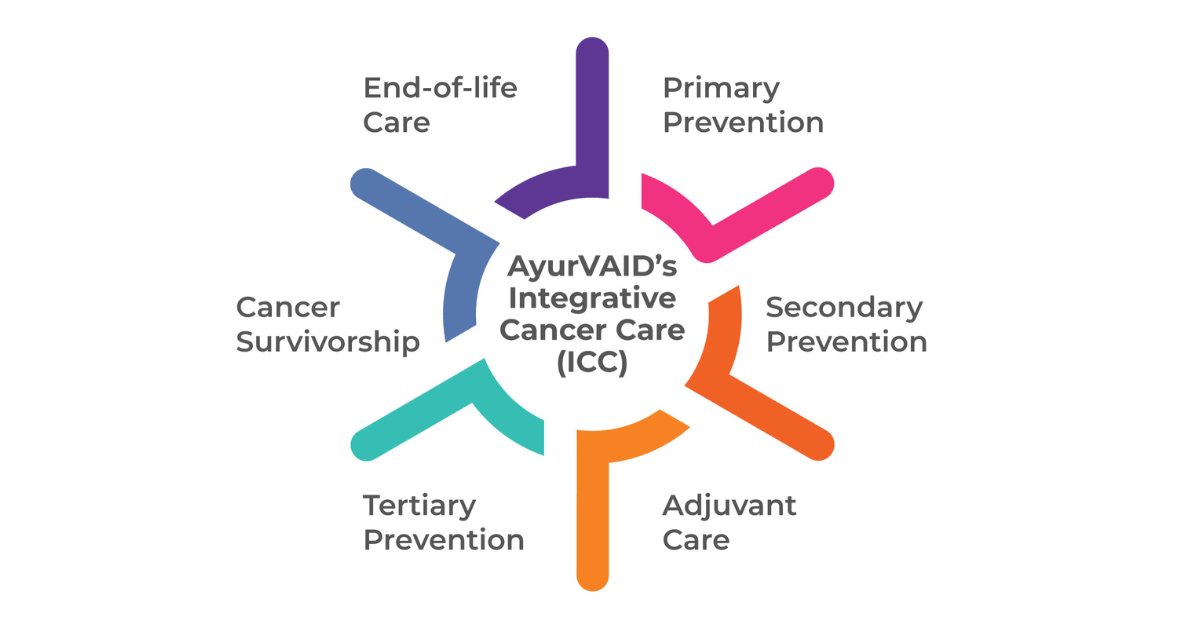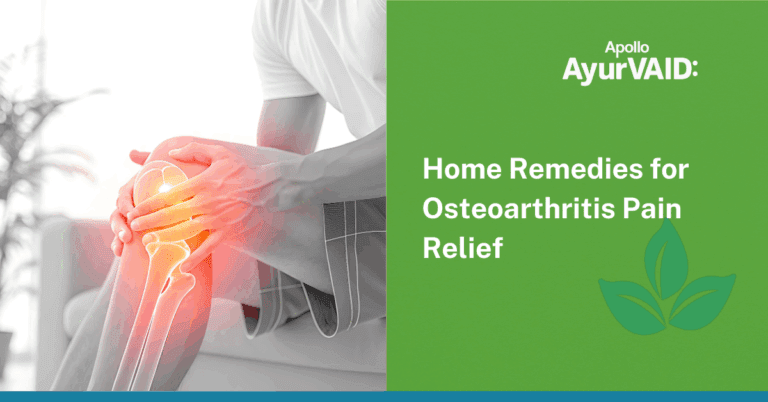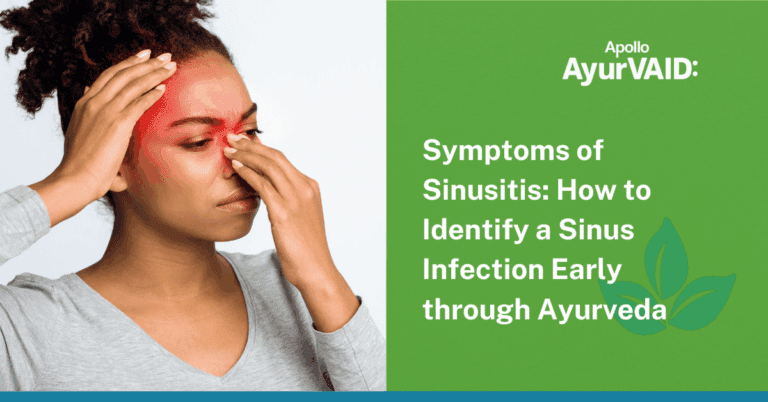Fortunately, huge advances have been made in diagnosing and treating Cancer. Once the diagnosis has been made, determination of the location, size and stage of cancer plays a huge role in determining the course and prognosis. Conventional treatment of cancer focuses on targeting the tumour itself with chemotherapy, surgery, Immunotherapy, proton therapy, radiation therapy, or targeted oral medicines. But, true recovery often begins when we nurture the body’s inner ecosystem — what modern science refers to as the host microenvironment, and what Ayurveda has long recognised as the delicate balance of Agni (digestive fire), Ama (inflammation), Ojas (vitality), and immune homeostasis.
This is where Integrative Medicine – integrating Ayurveda with conventional therapy plays a huge role by combining the strengths of multiple healing strategies, offering a more whole-person, compassionate and effective cancer care.

Hallmarks and Enablers of Cancer - How Ayurveda Can Make a Difference
- Vata imbalance drives metastasis through erratic cellular behaviour
- Pitta triggers inflammation
- Kapha promotes excessive cell proliferation, furthering tumour progression
Ayurveda plays a vital role in cancer care by addressing both hallmarks and enablers of cancer, such as inflammation, immune evasion, and metabolic dysfunction, at the root cause level.
1. Reducing Tumour-Promoting Inflammation
- Amapachana – Helps reduce systemic inflammation by eliminating accumulated Ama
- Agnideepana – Strengthens Agni (digestive fire) to optimise metabolism and nutrient absorption
- Srotas Shodhana – Detoxifies the Srotas (body’s channels), improving circulation and oxygenation at the tissue level
- Rasayana Therapy – Rejuvenates and strengthens immunity and tissue nourishment
2. Onconutrition (Oncology Nutrition)
This breakdown begins with Agni Dushti (weakened digestive fire), which leads to the formation and accumulation of Ama. This toxic build-up creates a microenvironment that fosters the growth and spread of cancer cells, compromising the patient’s immune function and recovery.
AyurVAID’s Integrative Cancer Care
AyurVAID’s Integrative Cancer Care (ICC) combines the strengths of Ayurveda and conventional treatment strategies, offering a more whole-person, compassionate and effective cancer care. Our evidence-based approach supports the overall therapy, anchoring the patient from the initial stages through the completion of treatment. This ensures patients receive comprehensive, continuous care throughout their journey, addressing their physical and emotional well-being.
Apart from being adjuvant or supportive to conventional treatment methods, what truly makes the ICC stand apart is the additional layer that it offers – prediction of risk and preventive strategies for high-risk individuals (eg Lynch syndrome). ICC offers compassionate, holistic care that addresses physical needs and offers emotional and psychological relief, helping patients and their families feel more empowered. Our approach aims to :
- Combine Amapachana with gut-centric therapies to improve digestion and absorption
- Restore metabolism, helping the body respond better to conventional cancer therapies
- Enhance gut health to improve immune function, reduce systemic inflammation, and alter the tumour microenvironment—creating conditions that are less conducive to tumour proliferation
- Address both undernutrition and overnutrition by balancing metabolism through a personalised diet plan for cancer patients
Conclusion
AyurVAID’s ICC takes a comprehensive approach to Integrative Oncology. It offers Evidence-based, Precision Ayurveda as a seamless, supportive therapy for ongoing cancer treatment, starting with risk prevention. While conventional integrative approaches focus on symptom relief and rehabilitation, AyurVAID ICC provides personalised interventions that actively support the body’s healing mechanisms.







